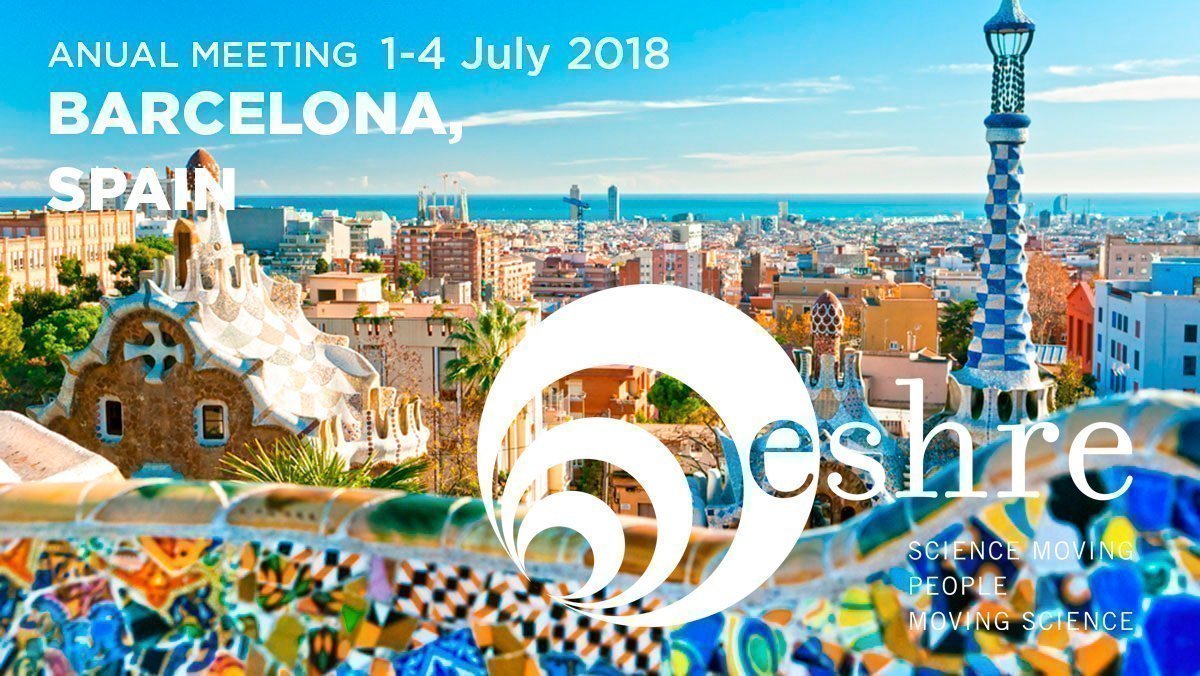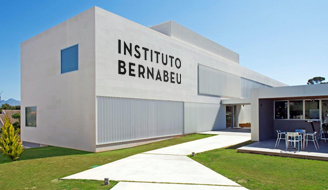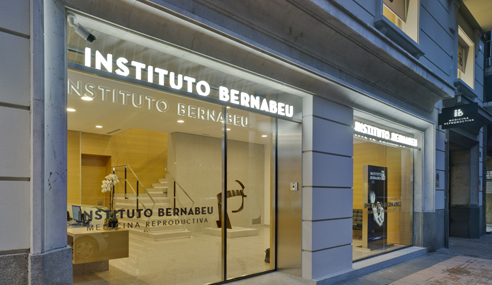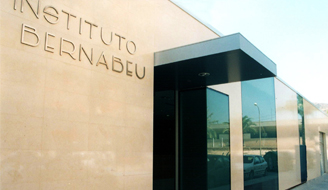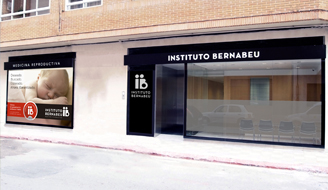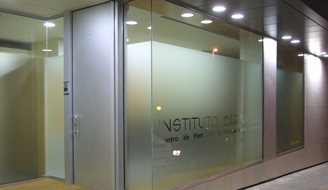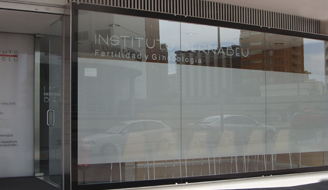The ESHRE congress scientific committee nominates two items of Instituto Bernabeu research work on ovarian stimulation for best oral presentation and best poster
The Instituto Bernabeu Group will once again attend the world's most significant reproductive medicine congress, both in terms of the work that is presented and in the number of specialists who attend.
This year, the European Society of Human Reproduction (ESHRE) has chosen Barcelona, Spain, as the location for the event to be held between 1st and 4th July. A broad group of Instituto Bernabeu representatives presenting nice pieces of research work will attend.
The scientific committee has selected two pieces of work by Instituto Bernabeu from amongst the hundreds that have been presented. This work has, furthermore, been nominated for best oral presentation and best poster.
The oral presentation led by the Medical co-director at Instituto Bernabeu, Ll. Aparicio, and entitled “Luteal phase stimulation compared with conventional folicular phase stimulation in poor ovarian responders: Results of a randomized” is in the running for the Clinical Science Award for Oral Presentation. The poster entitled “Random-start Ovarian Stimulation in Egg donors (ROSE trial). A self-controlled randomized pilot study” by Dr Juan Carlos Castillo and Biologist Jaime Guerrero is one of ten nominated posters in the running for the Clinical Science Award for poster presentation.
The other seven pieces of work consists of two oral presentations (“Factors associated with mitochondrial DNA (mtDNA) levels in human blastocyst” and “Comprehensive mitochondrial DNA (mtdna) analysis and ivf outcome”) and five posters (“Monozygotic twin gestations after embryo biopsy in blastocyst stage”, “The most accurate approach for reproductive tract microbiome analysis”,“Vitamin D levels and sperm parameters”, “Expert consensus for primary management of reproductive health: a Delphi study”, and “Protective effects of Cinnamtannin B-1 (CINB-1) on human sperm cryostorage”.)
As part of events at the congress, Dr Jorge Ten, Director of the Embryology Unit at Instituto Bernabeu, will give a presentation on pioneering experience in the clinic's embryology laboratories with reference to embryo survival following freezing when using the vitrification system supplied by Irvine Scientific, a multinational corporation. The American company is responsible for organising the presentation that will highlight the good results obtained when new technologies are used. More specifically, Doctor Ten will address survival rates after freezing blastocysts that have previously been biopsied. As the embryologist from Instituto Bernabeu will point out, the survival rate is 100%. “When the embryo is not biopsied, the survival rate is 95% so we have proven that the results obtained are even better,” says Dr Ten. The Director of the Embryology Unit admits that international experience is limited. As such, the good results obtained and the fact that Spain has pioneered use of this vitrification system has roused the scientific community’s interest.
